Business

Chairman of National Bank Limited (NBL) Abdul Awal Mintoo. Photo: Collected
Onus on central bank to solve problem it created, he says
Challenging the central bank to go further if it truly wants to save troubled banks, prominent businessman and newly-installed chairman of National Bank Limited (NBL) Abdul Awal Mintoo has said merely restructuring the board of directors of these banks after dissolving the previous ones will not be enough to resolve the crisis in the banking sector.
Rather, Bangladesh Bank has to arrange liquidity support to the tune of at least Tk 1000 crore for each of the weak banks if it is serious about keeping them in operation with depositors' trust restored, Mintoo told our sister newsagency UNB this week, in an exclusive interview.
"In 1998, the United States government provided $2 trillion in liquidity support for their banking sector to overcome a crisis during that period," Mintoo said. "The central bank of Bangladesh should follow that example and arrange liquidity support for the weak banks."
The reference is to the U.S. government's Troubled Asset Relief Program, or TARP, under which $700 billion was authorised to bail out banks at the onset of the financial crisis in 2008.
Mintoo, also the CEO of Multimode Group, said: "You have to understand the practical situation, all the sectors including banks stand on false information during the immediate past government. Banks' money was looted with the coordination and arrangement of the Bangladesh Bank. So now why would the central bank not do everything to financially revive these banks?"
Without instant liquidity support, there is no way to regain the trust of depositors in the banks where the boards have been restructured. The loan guarantee from the central bank is not enough, as other banks also know the financial health of these banks, he said.
"Bangladesh Bank will have to arrange a liquidity support package for these weak banks without delay. Because even a good decision, if delayed, will lead to another crisis and undermine the good that may have come out of that decision," Mintoo opined.
He is also critical of the makeup of the central bank's board following the induction of some new members. In Mintoo's eyes, the share of academics is disproportionately high, while experienced bankers are lacking. He says this is causing the delays in decision-making.
"The central bank's wait-and-see approach is exacerbating problems that can be nipped in the bud with decisive action," said Mintoo, a former president of the Bangladesh Association of Banks (BAB), as well as the Federation of Bangladesh Chamber of Commerce and Industries (FBCCI).
He also said a tight, contractionary monetary policy to curb inflation may backfire in some situations as it raises the rate of lending, which will hamper industrial production. As a result, unemployment increases and stokes social instability, which Mintoo views as another challenge to the macroeconomy.
He said that around 25-26 lakh youth enter the country's job market every year, of which several thousand are fortunate to get a government job, but the "lion's share" of the youth are employed in the private sector.
At present, banks cannot provide the required working capital support for industries, LC-opening has dropped dramatically as many banks are facing a foreign exchange crisis, and industrial production gets disrupted due to a shortage of raw materials and lack of security, said Mintoo.
He said the central bank is called the lender of last resort, but the Bangladesh Bank is not lending to commercial banks. Many businessmen are "crying to open LCs", but banks are not taking LCs.
"How are businesses expected to run?" Mintoo questioned.
When people cannot withdraw money from banks to meet essential needs, or bank branches cannot open due to fear of public anger, the situation gets diverted into something more serious, he warned.
Mintoo believes the central bank as an institution is even more at fault than the directors who were in charge of the banks that have fallen into hard times.
"And yet, the central bank is not lending to these commercial banks, which is badly needed to pull them up," he reiterated.
The veteran businessman, also a vice chairman of the BNP, stressed that each day is of importance for banks and industries in the present situation.
"The central bank spent more than a month making policies, but the banks in question required immediate liquidity support which they still didn't get,"said Mintoo.
It is only once the troubled banks return to their regular transaction activities that clients' or customers' trust will be regained, Mintoo asserts.
"Only then can the wheels of the economy hope to get back on track, on the back of the banking sector," he states in conclusion, before ending on a more sombre note.
"But if they continue to struggle, their (troubled banks) financial health will suffer, and act as a bar on the sector's performance, as wella s the economy," Mintoo said.






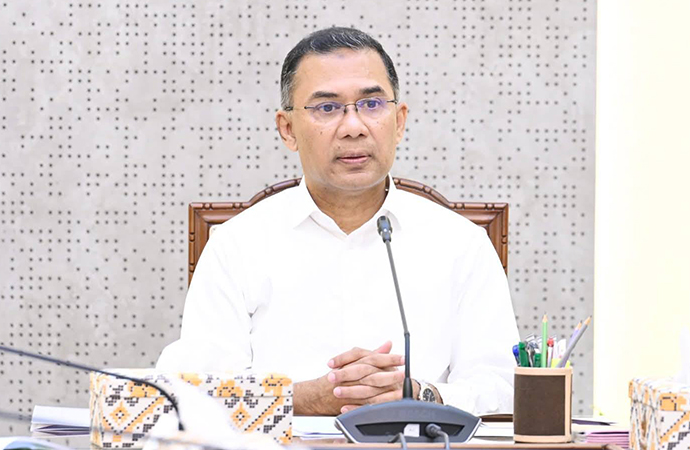
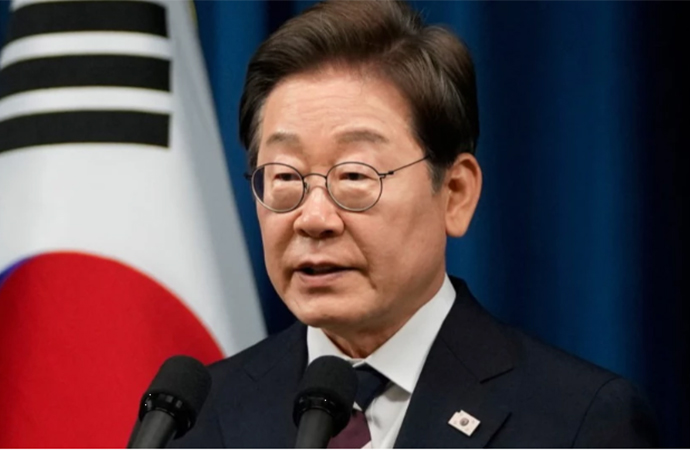
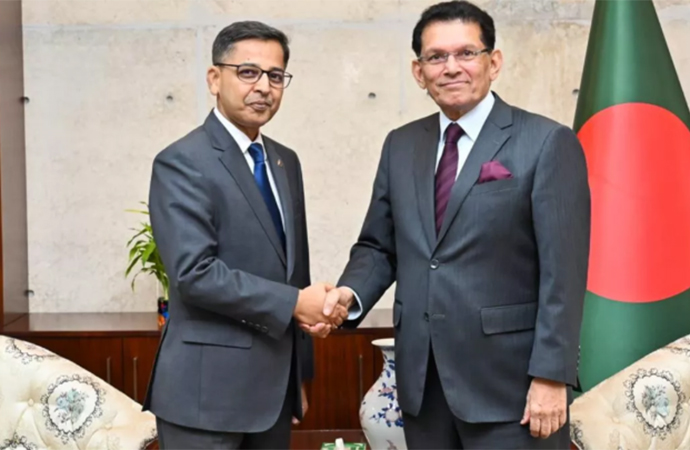

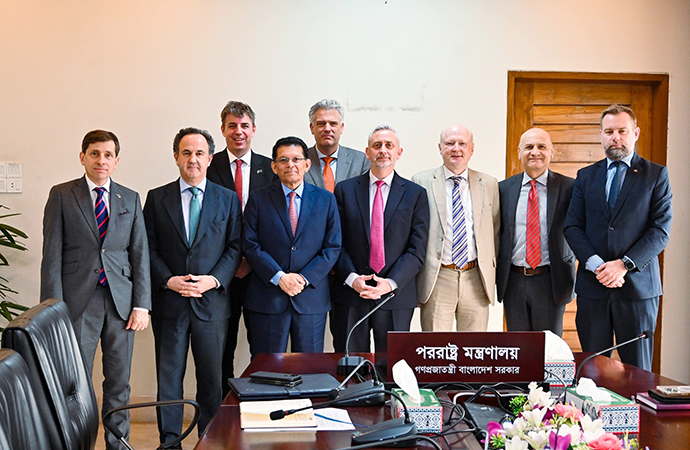








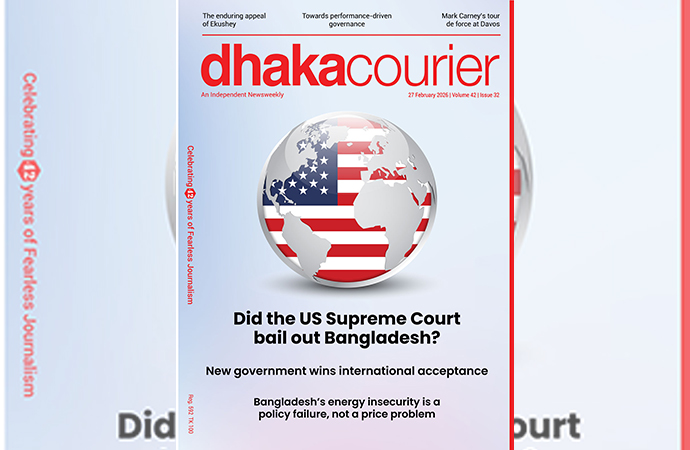





Leave a Comment
Recent Posts
Bangladesh’s first drought-res ...
In a groundbreaking development for Bangladesh’s agriculture, Ga ...
US and Iran hold another round ...
Iran and the United States were holding another round of indirect talk ...
An early hiccup for the new government?
Japan invites PM Tarique, eyes cooperation with Bang ..
Bangladesh to achieve sustained growth, prosperity u ..
Dhaka indicates ‘forward looking, balanced partnersh ..